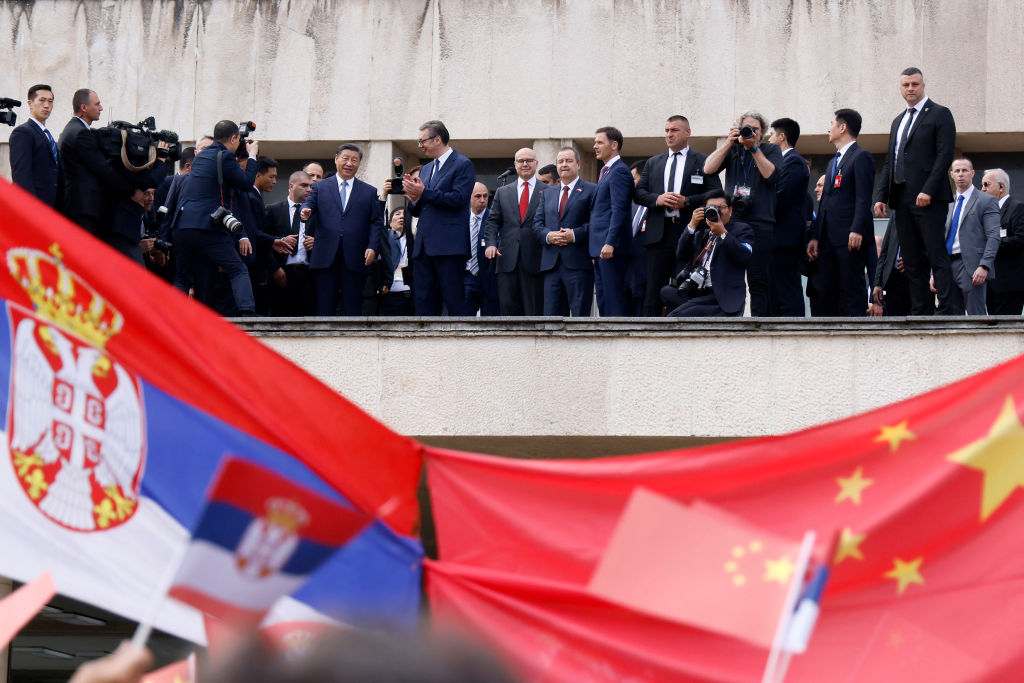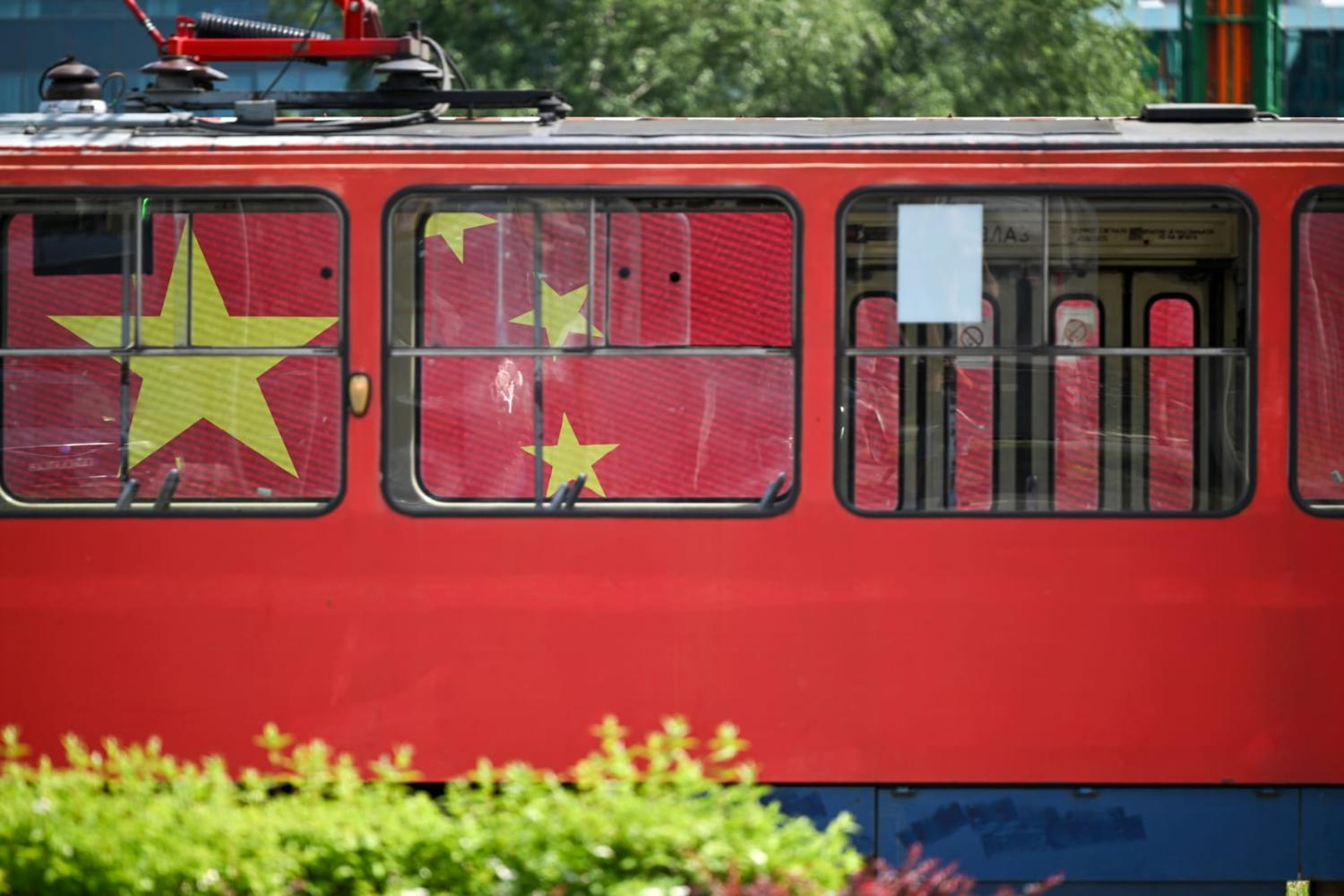Serbia this week became the first European country to pledge to build with China a “community with a shared future”.
China’s President Xi Jinping landed in Serbia on the second leg of his official visit to Europe, having stopped in France, and before heading to Hungary. This was his first visit since 2019. Crowds of Serbian citizens and Chinese foreign workers turned out to greet Xi in the Belgrade city centre – a scene reminiscent of the days of Communist Yugoslavia, when comrades would visit Tito.
China’s bilateral ties to Serbia stretch back to 1955, but in the years of the Cold War, Albania, rather than Yugoslavia, was China’s best friend in Europe.
Today, China is regarded as one of the key pillars for Serbia’s foreign policy, alongside pursuit of European Union membership and friendly relations with the United States and Russia. These seemingly contradictory themes in Serbia’s foreign policy can create tensions, which often come to the fore in the United Nations – including on the Kosovo question, which Serbia sees as a domestic political issue. China has backed Serbia’s position on Kosovo, while Serbia has been a staunch supporter of the “One China” policy in multilateral settings. This mutual assistance in global forums has been a catalyst for Serbia and China to strengthen their relations in other areas.

In less than a decade, China has become Serbia’s second largest foreign trade partner. The three largest exporting companies from Serbia are Chinese. China has heavily invested in Serbia’s mining sector (Anglo-Australian Rio Tinto had exploration licenses revoked several years ago), with Serbia’s top exports to China including ores and ash, copper, wood, electronic equipment and machinery, and boilers. A new agreement will potentially allow China’s defence companies to export arms to Serbia, which will in turn become China’s springboard to Eurasia and Africa for defence exports.
Xi and his Serbian counterpart Aleksandar Vucic have overseen more than two dozen bilateral agreements and Memoranda of Understanding between the two countries – covering economic relations, extradition agreements, tariff reductions, cultural relations and the media. Serbia’s oldest newspaper Politika signed an agreement with the Chinese state media, while the national broadcaster Radio Television Serbia pledges to deepen its engagement with its Chinese counterparts. This will potentially open more space for Chinese soft power in Southeast Europe.
Probably the most unexpected change of language for both Presidents from this latest meeting was a move from “enhanced strategic relations” to community relations. According to both delegations, building a “community with a shared future” means the highest level of engagement with China.
China offered 300 places for Serbian exchange students over the next three years, which the Serbian side described as a future bridge between the two countries and a long-term investment. In addition, there are 50 places for Serbian researchers to work in Chinese institutes. More direct flights between the two countries will likely foster the arrival of more Chinese tourists to Europe via Belgrade.
A free trade agreement signed between Serbia and China was the first FTA by China signed with a Central and East European country, said to reduce or abolish customs duties on thousands of products, including lithium batteries, solar panels, and cars and machinery, as well as some agricultural and marine products. Vucic personally offered to serve exclusive Serbian wines to Xi during their official luncheon, highlighting how much emphasis Serbia is currently placing on its relations with China.
One of the key announcements during Xi’s visit to Serbia was that the local leg of the Belgrade-Budapest railway is due to be completed by the end of the year, with the Hungarian part to be completed by 2026. The Belt and Road Initiative, while losing traction in the Baltics and Italy, is alive and well in the Balkans.

